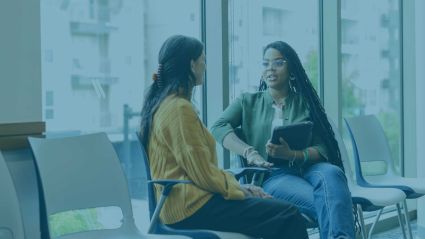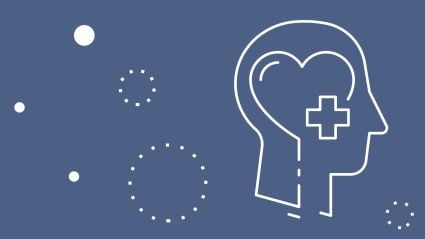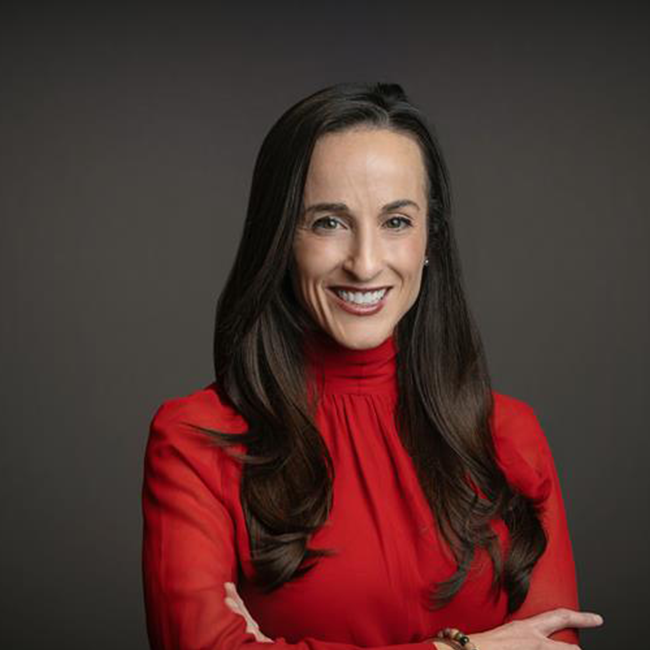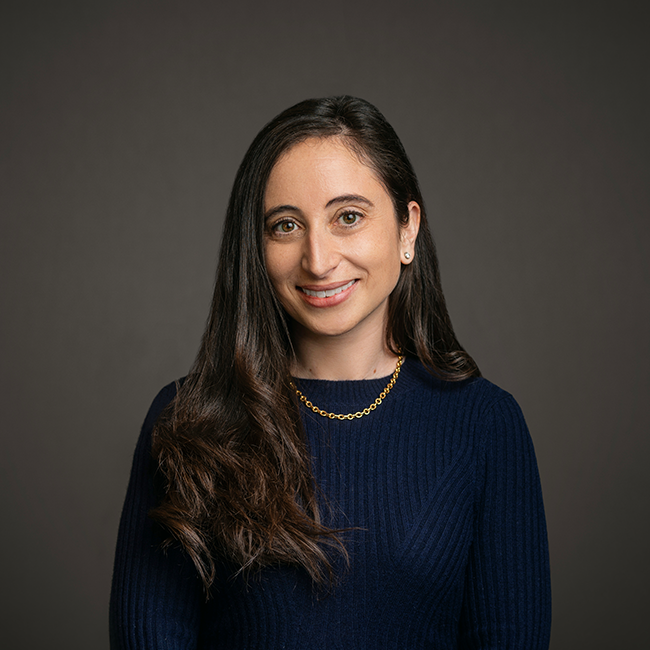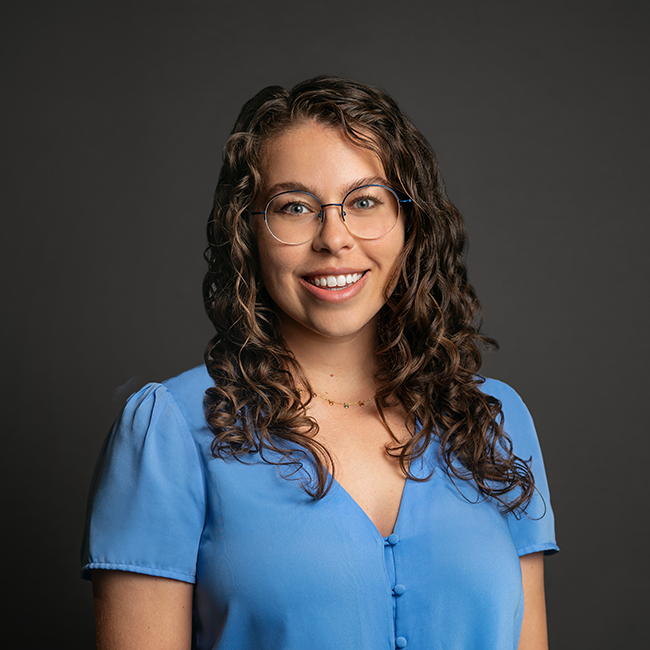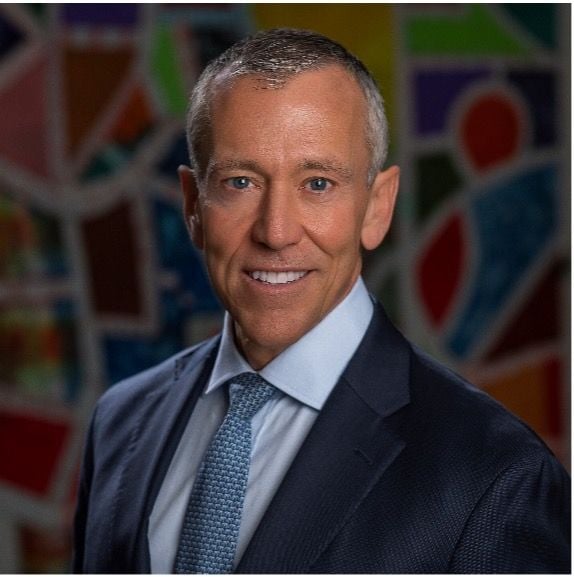
Though some of my friends would disagree, I consider myself a homebody and an introvert. Yet, I am deeply driven by curiosity—after all, I am a Milken Scholar!
For the last nine years, working with journalist Lisa Ling on our documentary series This Is Life, I have found myself in some unique places, connecting with extraordinary people.
My work can run the gamut: I’ve been invited to weddings but also a farewell party for a man considering ending his life. I could start my day with a high school student who survived one of America’s deadliest school shootings and switch gears that afternoon to meet a staunch QAnon believer. I’ve witnessed addicts in the throes of their addictions and rode alongside law enforcement. I’ve met a genderfluid man beginning a journey to embracing themselves and an adult film actress who unapologetically bares it all.
But whether I am at a rave or a prison, speaking with immigrants or veterans, having the opportunity to witness someone’s life up close and personal is a privilege. Especially at a time when we are siloed off in our own echo chambers, mired by misinformation and misunderstandings, I cannot think of an act more important than reaching out and listening to people who seem different.
Let us be bridges to better understand each other. We are more alike than we are different.
I don’t always agree with the people I speak with. Behind bars in a California prison—an institution housing more men serving life sentences than anywhere else in the state—it was difficult to hear men admit they robbed or worse: taken lives. As one man told me, “I was raised in a culture where if they take one of mine, I take two of theirs.”
These conversations can be devastating or downright infuriating. But even in the bleakest of situations, I also find a lot I do agree with.
When I dig deeper, I hear how traumatized these men were as young boys. So many of us get love and refuge through the comforts of our families. But what if you were raised in broken homes, trapped by generations of inequities? The alternative is gangs. Without role models, these men had to “prove" their masculinity and existence in the worst way possible.
I don’t condone the crimes they have committed, but I also know that defining moment is not all that they are.
These so-called “felons” and “thugs” are also members and leaders of a prison book club. Through our mutual love of literature, here we are: finding common ground.
Even more remarkably, after filming, a few of these men had their sentences commuted for exemplary behavior. They now live as private citizens aside you and me, working to heal the communities that have hurt them. In fact, these men launched an organization that reimagines reentry services and workforce development for returning citizens. And in March 2022, the California State Legislature invested $28.5 million to further their effort.
This is just one of many profound experiences I've had that challenge both me—and our viewers—to look beyond the walls of perception and believe in our capacity for redemption.
Now, think about the labels we place on others today: Democrat or Republican. Black or White. American or Foreigner.
It’s time we see the complexities and nuances in each other’s humanity.
One of the best pieces of advice I have ever heard: Instead of asking people “What’s wrong with you?” ask “What happened to you?”
If you’re brave enough to listen, you will see we are products of our upbringing. We are neighbors, coworkers, sons and daughters, maybe siblings, parents, or grandparents.
Whenever I listen, my worldview expands. In turn, I grow more compassionate and empathetic.
Every day, we are bombarded with stories of devastation. From senseless attacks against Asian Americans to the barbarism towards Ukrainian citizens, we are seeing the consequences when we don’t recognize each other’s humanity. When we don’t know each other’s stories, it is easy to dehumanize what’s unfamiliar and demonize the other. Worse? Targets of violence.
It may all seem like too much, but the good news is we can start where we are.
Managers, how well do you know your employees?
At home, do you know your family’s history?
Next time you get in an Uber or a Lyft, take the time and talk to your drivers. Some might be breaking into Hollywood, while others are immigrants, striving to realize dreams of relatives abroad.
If we all make an effort to hear one another, where would our world be?
Let us be bridges to better understand each other. We are more alike than we are different.

